Home --> Prevention Dictionary Inhalants

Solvents, aerosols, and gases found in household products such as spray paints, markers, glues, and cleaning fluids; also nitrites (e.g., amyl nitrite), which are prescription medications for chest pain.
Drugs That Fit Into This Category Include
Paint Thinners or Removers
Degreasers
Gasoline
Lighter Fluid
Permanent Markers
Electronics Cleaners
Glue
Spray Paint
Hair Spray
Deodorant Sprays
Vegetable Oil Sprays
Propane Tanks
What Do They Look Like?
Paint Thinner
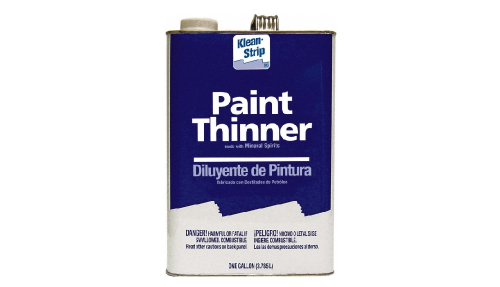
Degreasers
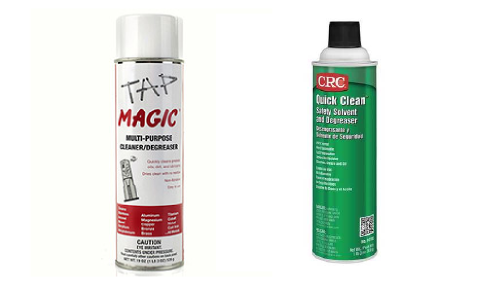
Gasoline
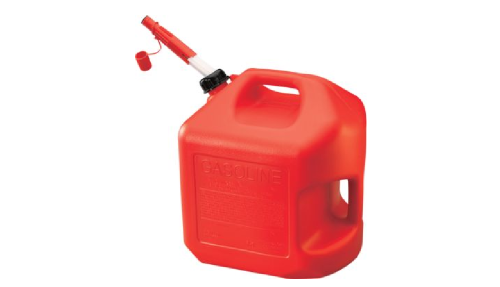
Lighter Fluid

Permanent Markers

Electronics Cleaners
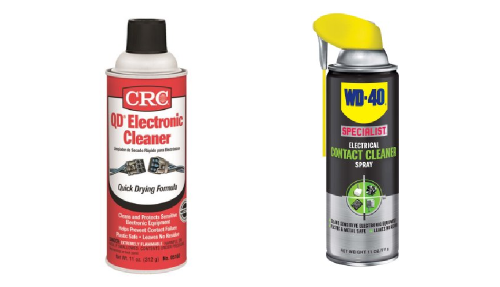
Glue
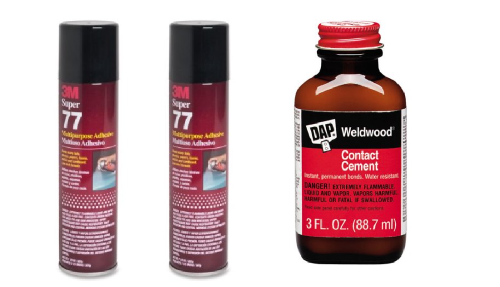
Spray Paint
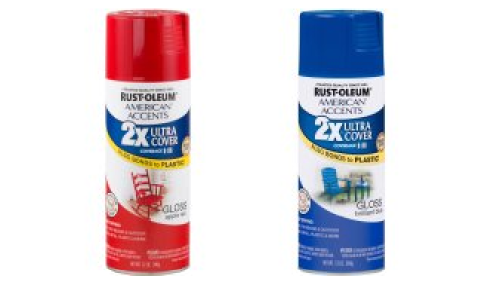
Hair Spray
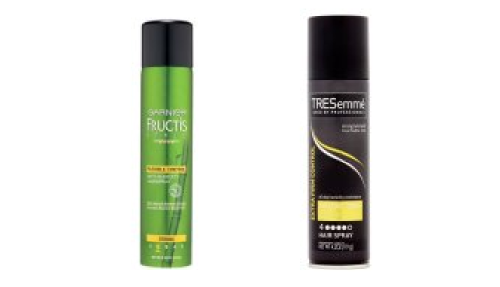
Deodorant Spray
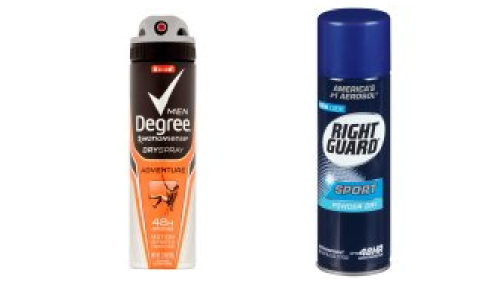
Vegetable Oil Spray
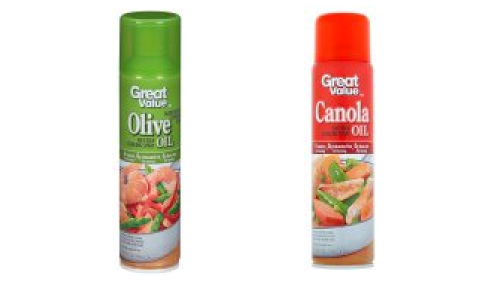
Propane Tanks

Common Street Names
Poppers, Snappers, Whippets, Laughing Gas
Common Forms
Storage Containers

Aerosol Cans

Commercial Tanks
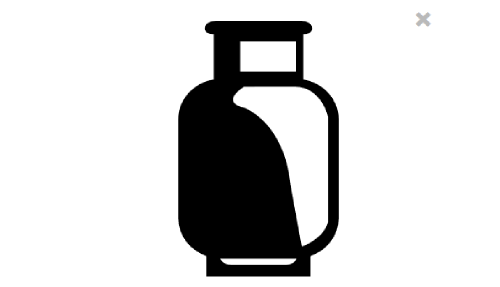
Liquid

Common Ways Taken
Inhaled

Snorted

Possible Health Effects
Short Term: Confusion; nausea; slurred speech; lack of coordination; euphoria; dizziness; drowsiness; disinhibition, lightheadedness, hallucinations/delusions; headaches; sudden sniffing death due to heart failure (from butane, propane, and other chemicals in aerosols); death from asphyxiation, suffocation, convulsions or seizures, coma, or choking. Nitrites: enlarged blood vessels, enhanced sexual pleasure, increased heart rate, brief sensation of heat and excitement, dizziness, headache.
Long-term: Liver and kidney damage; bone marrow damage; limb spasms due to nerve damage; brain damage from lack of oxygen that can cause problems with thinking, movement, vision, and hearing. Nitrites: increased risk of pneumonia.
Other Health-related Issues: Pregnancy: low birth weight, bone problems, delayed behavioral development due to brain problems, altered metabolism and body composition.
In Combination with Alcohol: Nitrites: dangerously low blood pressure.
Withdrawal Symptoms: Nausea, loss of appetite, sweating, tics, problems sleeping, and mood changes.
Overdose Symptoms: Seizures (especially in a person without a history of seizures), Slurred Speech, An Unsteady Gait, Uncontrollable Shaking, Coma, Choking Due To Vomiting. Inhalant overdose is caused by taking in an excessive amount of the chemicals involved in the inhalant. The body’s nervous system, cardiovascular system, and respiratory system can all be overwhelmed by this surge of inhalants, and cease to function. Because of the heterogeneity of inhalants, it is difficult to pinpoint one cause of inhalant overdose.
Treatment Options
Medications: There are no FDA-approved medications to treat inhalant addiction.
Behavioral Therapies: More research is needed to find out if behavioral therapies can be used to treat inhalant addiction.
Sharable Media


